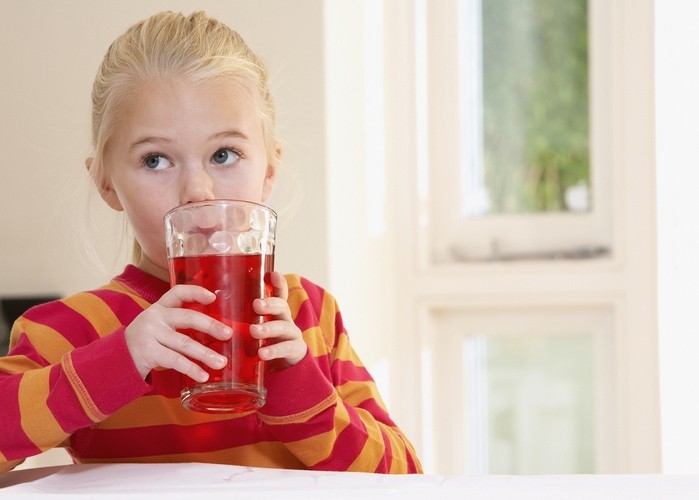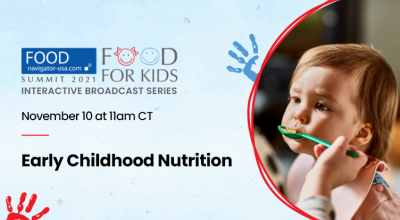Children are drinking fewer sugary drinks, but consumption still outpaces unsweetened juice – prompting call for tighter advertising standards

According to a study published Oct. 26 in the American Journal of Preventive Medicine, households with children 1 to 5 years cut back purchases of sweetened fruit drink beverages by 27% from 239 to 174 fluid ounces per month between 2006 and 2017 -- mirroring a drastic drop in monthly advertising for the products from nearly $6,000,000 in 2006 to under $2,000,000 in 2017.
Yet, during the same time, sales of children’s flavored water containing added sugar and or non-nutritive sweeteners increased by 68% -- an increase disproportionate to total TV ad spend for the category, which held relatively steady between 2007 and 2017, with a slight increase between 2013-2015, according to the study conducted by researchers at the Rudd Center for Food Policy and Obesity at the University of Connecticut.
In both cases, sales of children’s fruit drinks and flavored water continued to outpace those of unsweetened juice – with sales of children’s fruit drinks surpassing those of unsweetened juice by three times, according to the study.
[Editor’s note: Interested in learning more about what children are eating and drinking, and how emerging brands are shifting shopping patterns to healthier options? Register for FoodNavigator-USA’s upcoming virtual – and FREE – Food For Kids Summit. Find all the details HERE.]
The shift shows that advertising dollars directly correlate to household purchases of the beverages, according to researchers who noted in 2018, companies spent $21m advertising children’s fruit drinks and flavored water, resulting in 2- to 5-year-olds seeing twice as many TV ads for sugary drinks than unsweetened juice.
The impact of advertising on children’s consumption of sweetened beverages is even more acute among low-income households, according to the research, which found low-income households appeared to be more sensitive to advertising with increased purchases at a greater rate than middle- and higher-income families at the same level of TV advertising.
Call to close advertising loopholes
Based on these findings, the researchers are calling on the industry to further restrict advertising of sweetened beverages to young children.
They acknowledge that the Children’s Food and Beverage Advertising Initiative in 2020 prohibited advertising most drinks with added sugar directly to children younger than 12 years. But, they say this doesn’t go far enough because low-calorie drinks with added sugar up to 5 grams, including flavored water and fruit drinks with non-nutritive sweeteners are still allowed.
“Experts also call for numerous further actions to close the Children’s Food and Beverage Advertising Initiative loopholes that continue to allow extensive marketing of SSBs to children, including the age of children and the marketing techniques covered,” the researchers note.
They also urge FDA to require disclosure of added sugar, non-nutritive sweeteners and the percentage of juice on front-of-pack to help consumers better understand the healthfulness of children’s drinks.
Finally, the researchers call for taxes on drinks with added sugar on the belief that higher prices would discourage purchases by households with young children.
[Editor’s note: Now you know what children are drinking – but what are they eating? Find out at our upcoming free virtual Food For Kids Summit when we take a deep dive into the children’s snack market. Learn more and register HERE.]











